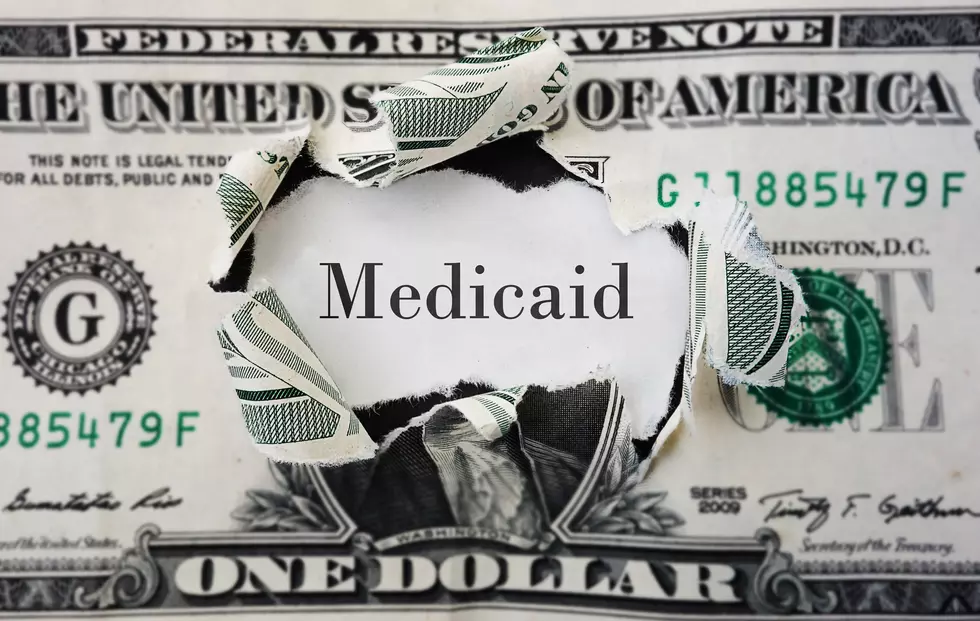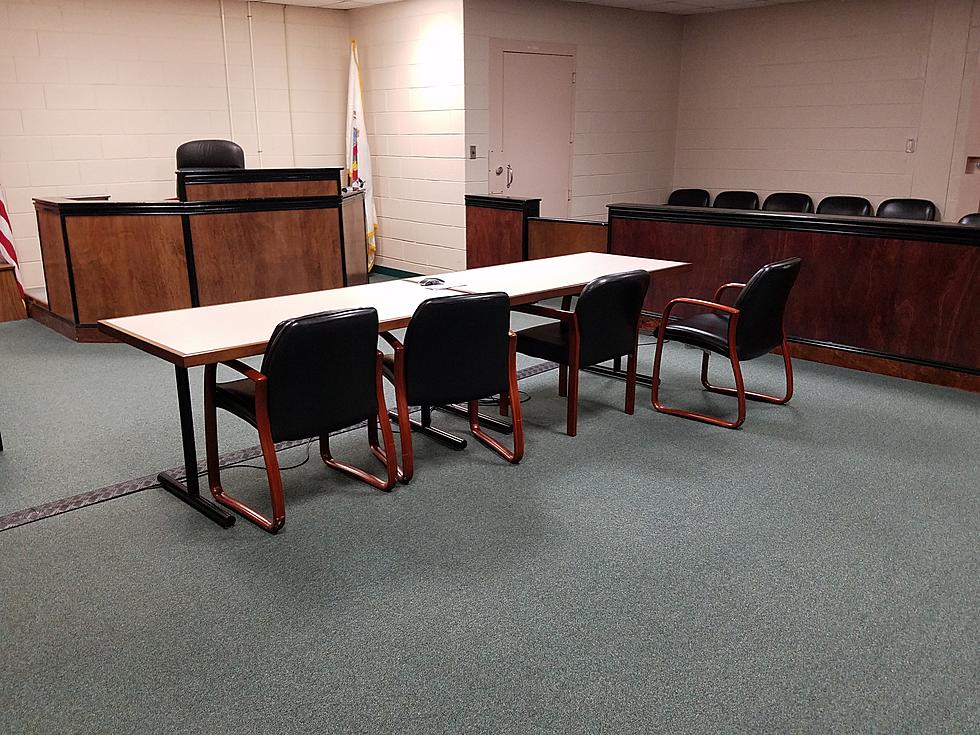
NJ teachers will be paying more out of pocket after change to benefits
TRENTON – New Jersey teachers in the state’s School Employees’ Health Benefits Program will be paying over 15% more for health coverage in 2023, similar though slightly less than the increase being imposed on municipal and county workers.
Teachers didn’t avoid the big hike like state workers did, agreeing to increase copays for seeing specialists by $15 and going to urgent care by $30, as part of a deal shrinking their premium increase to 3% from over 18%.
Local employees and employers will be spending about 20% more.
But looking ahead, the New Jersey Education Association did achieve something the Communications Workers of America tried but failed to do last week: Enact resolutions through the benefits commission ordering the state Treasury Department to produce information and hire a vendor for future action.
Specifically, the labor-led majority on the School Employees’ Health Benefits Commission passed resolutions that direct the Division of Pensions & Benefits to:
- Provide quarterly updates on utilization and trend projections
- Provide a review of all point solutions, including return-on-investment analysis and methodology, as well as provide copies of vendor contracts by the next commission meeting on Nov. 21
- Establish a regular schedule for claims audit review and prepare a request for proposals to secure a vendor by the next commission meeting
- Provide all information, reports and agendas to the members of the School Employees’ Health Benefits Commission two business days prior to all meetings
No questions were raised at Monday’s hearing, but Denise Graff Policastro, director of research and economic services for the New Jersey Education Association, said a lot has been asked in private over the past two weeks to understand why the increase is happening.
“And we’re looking to learn more about the utilization, the details with COVID, the impact of COVID on the rates, with the inflation impact,” said Policastro, who referred to the requests as dealing with “transparency items.”
Sonia Rivera-Perez, who represents the state treasurer on the commission, said a vendor already conducts real-time audits of all claims. The Murphy administration’s two appointees voted against the union’s proposal.
“As far as anything that relates to contractual matters, I think a separate determination would have to be made as far as the specific information that can be shared,” said Sonia Rivera-Perez, who works in the state Office of Management and Budget.
The rate increases will be 15.1% for active employees and 15.8% for early retirees. The changes affect taxpayers as well as teachers, as employers contribute more than two-thirds of the costs for health insurance premiums.
Not all teachers and districts will be affected, as many already rely on private insurers rather than the state plan – a total that could increase, if school districts decide it would be more cost-effective.
There are 335 education employers participating in the School Employees’ Health Benefits Program currently, which includes nine community colleges and 17 charter schools. There are more than 600 school districts in the state.
For a full list of participants, click here.

The vote to raise the rates was 5-1, with Carl Tanksley, the acting general counsel for the New Jersey School Boards Association, opposed.
Michael Symons is the Statehouse bureau chief for New Jersey 101.5. You can reach him at michael.symons@townsquaremedia.com
Click here to contact an editor about feedback or a correction for this story.
2021 NJ property taxes: See how your town compares
Unbelievably Expensive Divorces
More From Beach Radio










